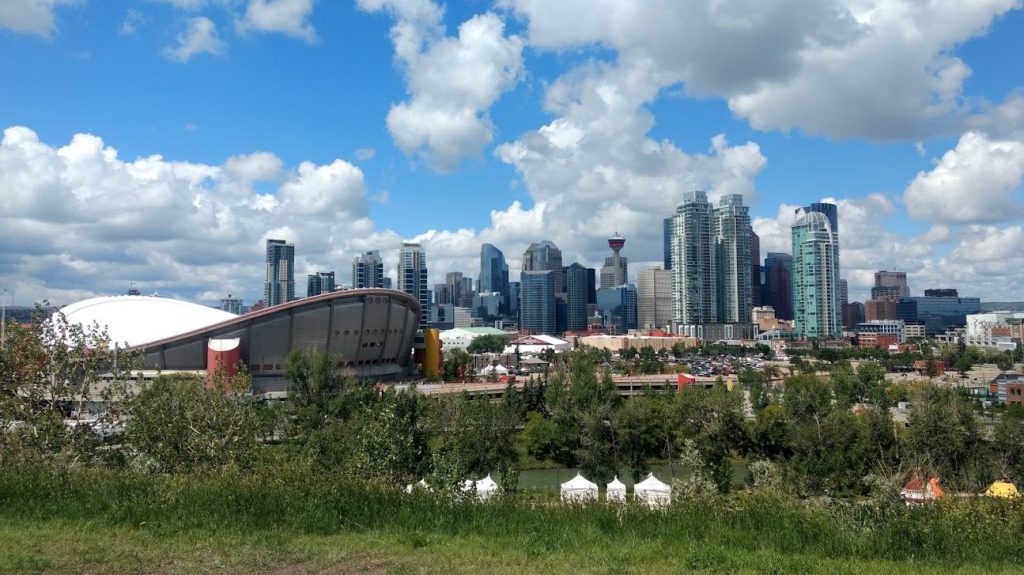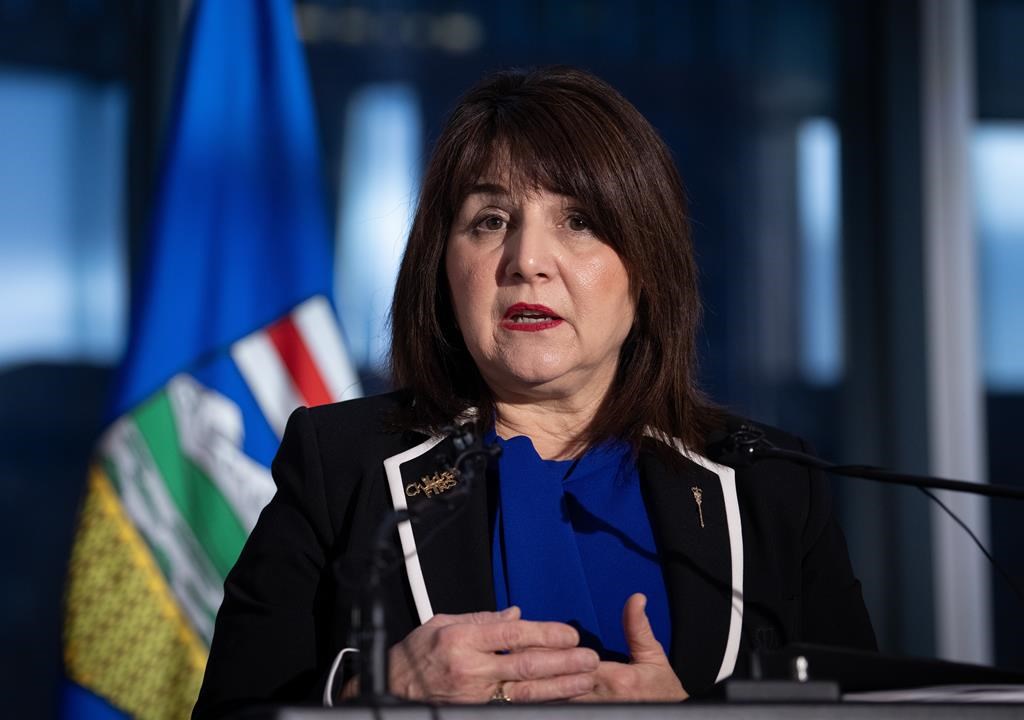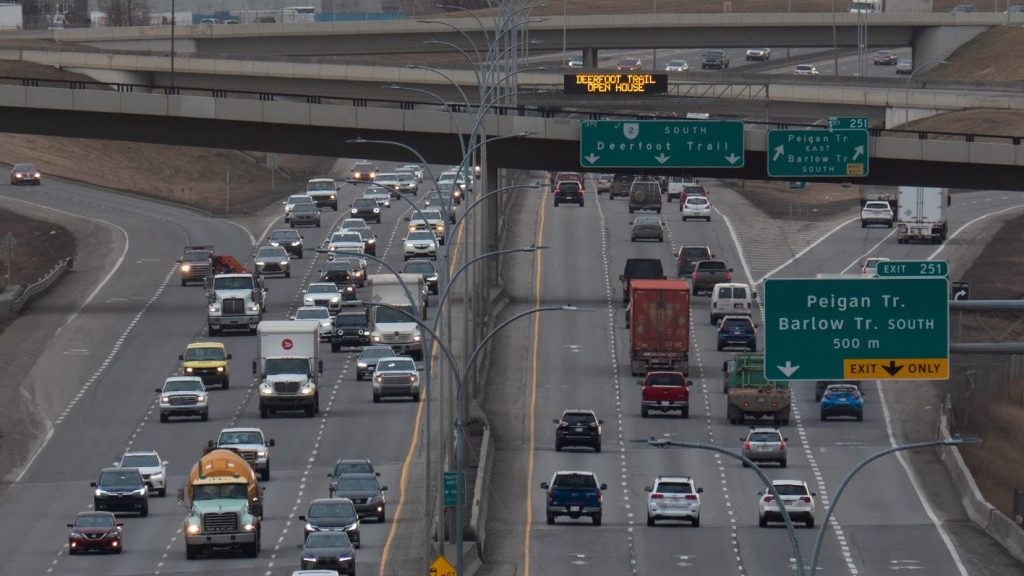Ontario First Nations say public safety minister won’t discuss policing problems
Posted May 7, 2014 12:35 pm.
This article is more than 5 years old.
OTTAWA – The two largest First Nation police services in Ontario say Public Safety Minister Steven Blaney refuses to discuss the serious problems they face — shortcomings documented this week by the federal auditor general.
Representatives of the Nishnawbe-Aski and Anishinabek police services accused the federal government Wednesday of chronic underfunding and underhanded negotiating tactics on policing agreements.
The government is pressuring the Nishnawbe-Aski Nation to sign an agreement that does “not even come close to meeting the needs of our communities,” deputy grand chief Alvin Fiddler said during a news conference.
“We are operating from week to week, month to month, without stable funding.”
Blaney’s office issued a statement Wednesday saying it is committed to negotiating long-term agreements with aboriginal police services.
The Nishnawbe-Aski Nation police force, the largest First Nations police service in Canada, has more than 130 uniformed officers and 30 civilians. Based in Thunder Bay, Ont., it polices 35 communities across a vast swath of the province.
A report tabled in Parliament this week by auditor general Michael Ferguson says the federal First Nations policing program is hamstrung by improper allocation of money, slipshod buildings and lack of genuine aboriginal involvement.
The program — created in 1991 to address concerns about policing in aboriginal communities — involves negotiation and funding of agreements between the federal government, provincial or territorial governments, and First Nations and Inuit settlements.
More than 400 First Nations communities across Canada receive services from one or more agreements funded by the program.
In visiting six fly-in communities in Ontario, auditors found officers living in overcrowded, mouldy houses and working in cramped or unfinished facilities.
Ferguson also said there was a lack of transparency in Public Safety’s practices for assessing applicants to the policing program, selecting recipients and allocating money. In addition, assessments and selection decisions were not adequately documented, and First Nations were not meaningfully included in agreement negotiations.
The report confirms that the government “continues to show bad faith for the basic health and security” of First Nations when it comes to police services, said New Democrat MP Charlie Angus, who represents a northern Ontario riding and appeared Wednesday alongside the native leaders.
“What is it going to take for them to actually start bargaining in good faith, and to recognize that every community in this country has a right to adequate and properly funded police services?” Angus asked.
Julian Falconer, counsel for the Nishnawbe-Aski and Anishinabek police forces, said there is “a crisis in the delivery of police services” that amounts to a standoff with the federal government.
“Currently, my two clients have no stable funding going forward.”
Blaney has refused to meet with the native leaders, Falconer said.
The minister meets regularly with stakeholders and “he is committed to continue to do so,” said Jason Tamming, a spokesman for Blaney. Tamming did not immediately say whether the minister had declined to meet with the Ontario aboriginal community leaders.
In March 2013, the federal government committed $612 million in funding over five years to renew agreements under the First Nations policing program.
“We will continue to work with partners to finalize long-term, multi-year agreements to support dedicated, responsive, and professional policing services in First Nation and Inuit communities,” Tamming said in an email.
Follow @JimBronskill on Twitter










